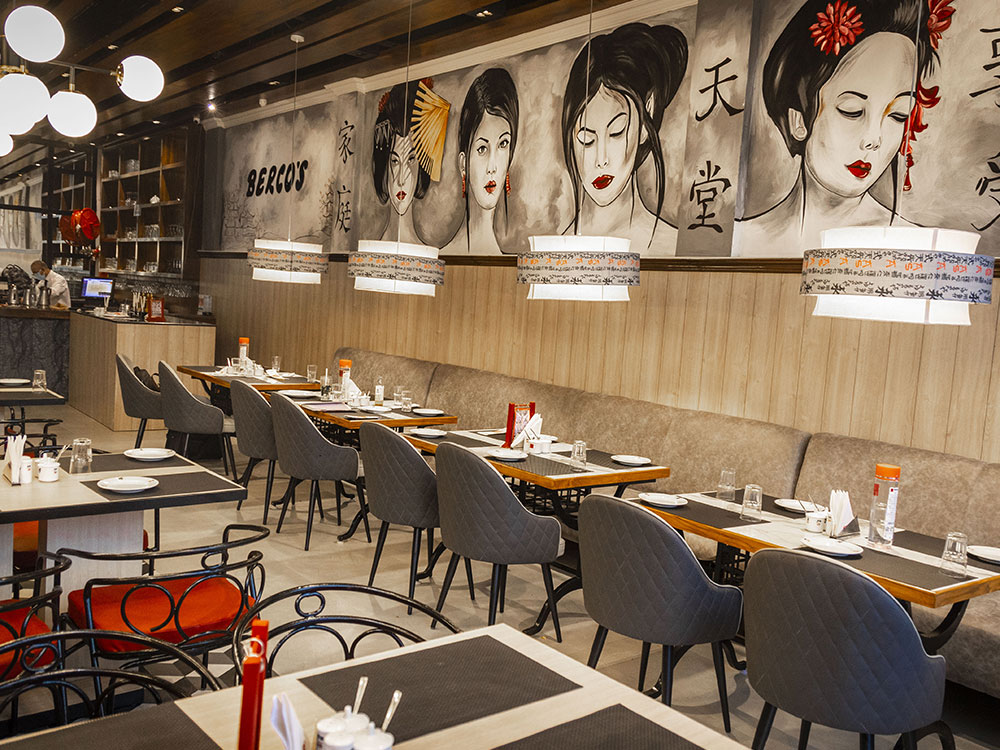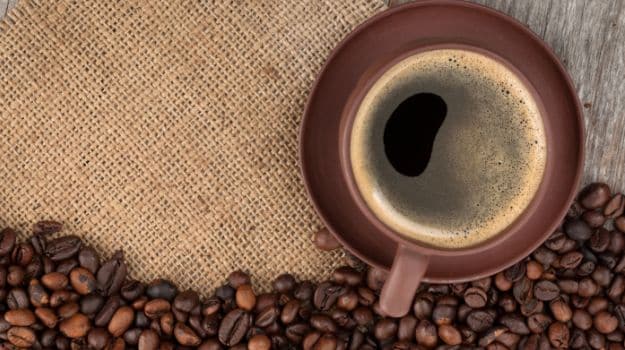"When I explained my project to the mahouts (elephant riders), I know that they thought I was crazy," the 44-year-old Canadian founder of Black Ivory Coffee, which uses the digestive tract of elephants to create a high-end brew for coffee connoisseurs.
(Drinking Coffee May Ward Off Diabetes)
Initially, he considered using civet cats to make "kopi luwak" coffee, which uses beans collected from the droppings of the Asian cats. But the quality of the end product has weakened as demand has grown in Southeast Asia -- including in Thailand, Indonesia and Vietnam. Civet cats are also often kept in cages and force-fed beans, a chasm away from Dinkin's desire to support rather than damage the environment.
Lions and giraffes also made the shortlist of prospective coffee filters, but eventually Dinkin settled on elephants after discovering that the creatures sometimes eat coffee during periods of drought in Southeast Asia. He also teamed up with an elephant rescue charity which saves the creatures from the tourist trade.
(Filter coffee: the return of a has-bean)
But making coffee from pachyderm poop was harder than expected. "I thought it would be as simple as taking the beans, giving them to the elephant, and out will come great coffee," said Dinkin, adding that the initial result was "horrible" and undrinkable. "It took me another nine years to actually succeed in doing what I wanted," he said.
(Coffee may help perk up your blood vessels)
The enzymes in the elephant's stomach function as a kind of slow cooker, he said, where the coffee beans marinate alongside the herbs and fruits the animal also eats. As the beans work their way through the elephant's digestive tract -- a 17-hour process -- the digestive acid takes the bitterness out of the bean. "I lose a lot of beans in the bath in the morning," he said, explaining that the elephants sometimes defecate in the river while bathing.
(Coffee May be Good for Your Liver: Study)
The mahouts' wives collect the coffee beans from the elephant dung, before washing and drying them in the sun, a division of labor that is helping to boost the local community's income.To make a kilo of coffee, the elephants have to have consumed around 33 kilos of the beans, along with their usual ration of rice and bananas. But the rewards are worth it.
(This Column Will Change Your Life: Coffee and Creativity)
The rarity of the drink is a key part of its branding. In 2015, their third successful harvest, Black Ivory produced 150 kilograms of coffee. At around $1,880 per kilogram -- or $13 for an espresso-sized cup -- it does not come cheap. But riding the "grand cru" trend for coffee, it is sought after by customers eager to pay sky-high prices for unusual products.
(Coffee Fetishism at its Most Ludicrous)
Black Ivory coffee will soon be available at high-end establishments in Paris, Zurich, Copenhagen and Moscow. But for now it is sold exclusively at luxury hotels in Asia, mostly in Thailand but also Singapore and Hong Kong.
(How to Make the Perfect Coffee Granita)
John Roberts, the director of the foundation that supports the elephants, which have all been rescued from the tourist trade in Bangkok, was initially skeptical of feeding elephants coffee beans. But he has since warmed to the project. "The caffeine doesn't come out of the coffee bean until it's boiled... so it's fine for them to eat it," he said.(Crazy Coffee Concoctions Around the World)
In addition, families of mahouts are paid for collecting beans and eight percent of the sale price is donated to the foundation, helping to pay for veterinary treatment and facilities for the animals. For all the hype, it has yet to win round all coffee lovers.
(Drink Up! Coffee May Lower Risk of Diabetes)
From his Cafe Lomi in Paris, Aleaume Paturle, said the elephant dung brand is more gimmick than taste sensation. "It's fun but it's not the best product. To make the best coffee, you've got to control fermentation -- and when this is happening in the stomach of an animal, this is harder," he said. But even if the beverage's taste is "a bit inconsistent," the fact that the beans have passed through an elephant in Thailand gives the product a romantic appeal that will help sales, he said.
(Let the Coffee Shop Wars Begin)
At the Anatara hotel in Chiang Saen, where some of the elephants are based, the precious coffee is prepared in front of guests in an elegant 19th century French coffee machine. "It's a unique taste," said Barbara Schautz, a German tourist, adding she could detect notes of caramel and chocolate in the brew. "It's not bitter at all."



